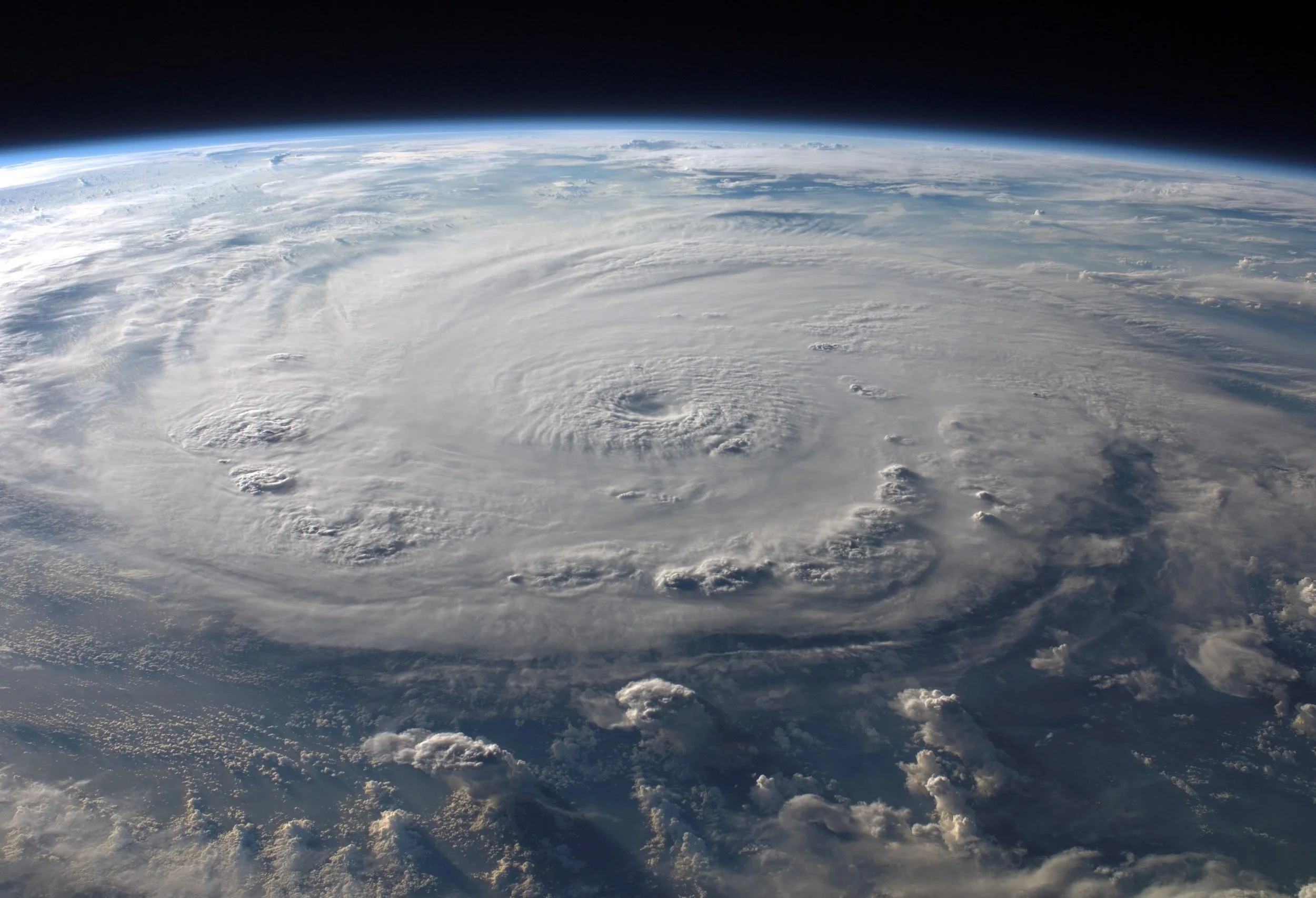Within a two week span the United States and the Caribbean saw two devastating hurricanes make landfall leading to upwards of one hundred deaths between the two and extreme economic damage. [1] Hurricane Harvey made landfall on the middle coast of Texas on August 25th shattering rainfall records and causing dangerous flash flooding and storm surges. Currently the Federal Emergency Management Agency (FEMA) has spent over $3.15 billion in relief and the number is continuing to rise. Congress is in the process of approving a $7.85 billion aid bill, and the White House requested an additional $6.7 billion for recovery efforts. Texas governor Greg Abbott has estimated that Harvey recovery could ultimately cost upwards of $180 billion.2 Not long after, on September 10th, Hurricane Irma made landfall in Florida. It is still too early to accurately estimate the economic damages incurred in the United States, but five people in Florida are confirmed dead as well as twenty-five in the Caribbean. Irma also broke records as the longest lasting category-five hurricane on record as well as one of the strongest hurricanes on record.3
The back-to-back major hurricanes have prompted many to speculate on the link between climate change and disastrous weather patterns. Two hurricanes of this magnitude have never hit the U.S. in the same year.4 However, in an interview with CNN, Scott Pruitt, the administrator of the Environmental Protection Agency, said, “To have any kind of focus on the cause and effect of the storm versus helping people, or actually facing the effect of the storm, is misplaced.” His statement sparked controversy especially among those affected by the storm and scared for the future. In response, the Republican mayor of Miami, Tomás Regalado, said, “If this isn’t climate change, I don’t know what is. This is a truly, truly poster child for what is to come.”5 As far as people like Regalado and most of the scientific community are concerned, the government is shirking its ethical duty to the safety of the people and the planet in avoiding the climate change discussion. In the wake of Harvey and Irma, the Trump administration will continue to face worries concerning its stance on climate change.
Reardon, Kelly. “How Does Irma Compare to Harvey? Breaking Down 2 Historic Hurricanes.” Cleveland Weather. Accessed Sep 12, 2017. http://www.cleveland.com/weather/blog/index.ssf/2017/09/how_does_irma_compare_to_harve.html.
Khimm, Suzy. “FEMA Is Nearly Out of Cash, Just as Hurricanes Harvey and Irma Strike.” NBC News. Accessed Sep 12, 2017. https://www.nbcnews.com/storyline/hurricane-irma/between-hurricanes-harvey-irma-fema-nearly-out-cash-n799386.
Miller, Brandon. “All the Records Irma Has Already Broken -- and Other Jaw-dropping Stats.” CNN. Accessed Sep 12, 2017. http://www.cnn.com/2017/09/10/us/irma-facts-record-numbers-trnd/index.html.
Ibid.
Friedman, Lisa. “Hurricane Irma Linked to Climate Change? For Some, a Very ‘Insensitive’ Question.” New York Times. Accessed Sep 12, 2017. https://www.nytimes.com/2017/09/11/climate/hurricane-irma-climate-change.html?mcubz=1.
